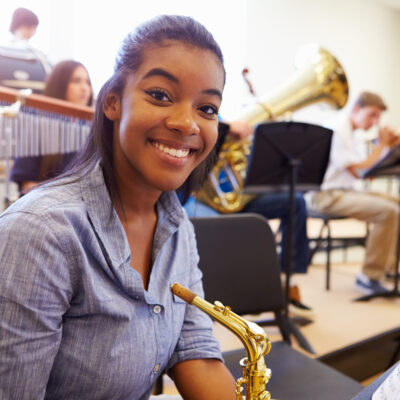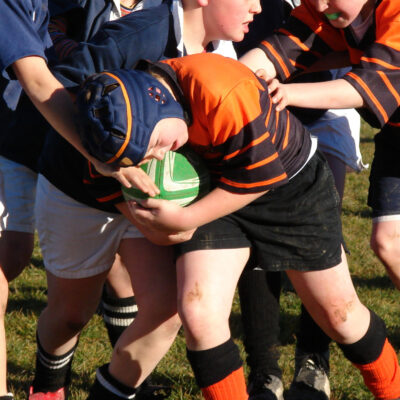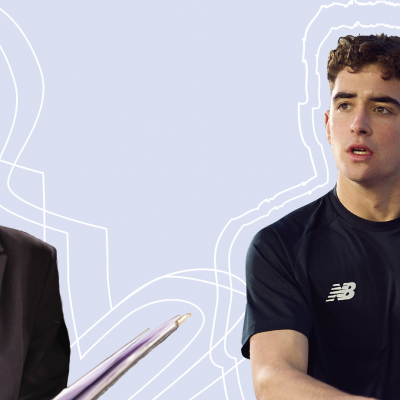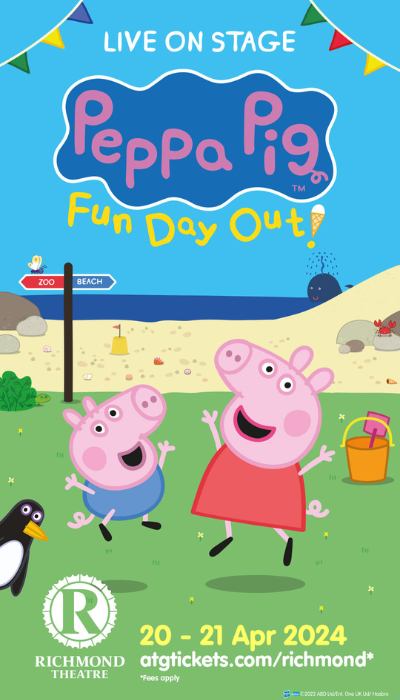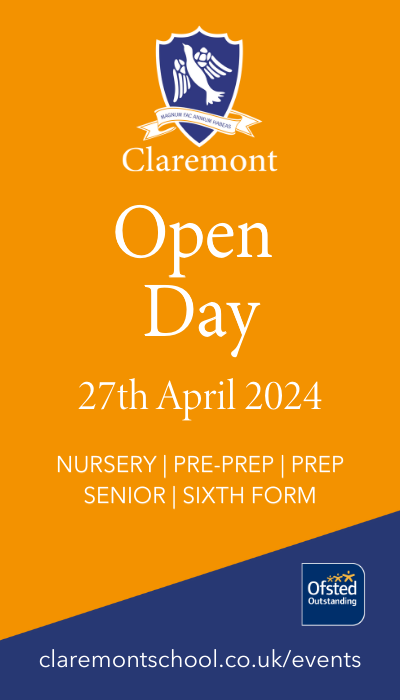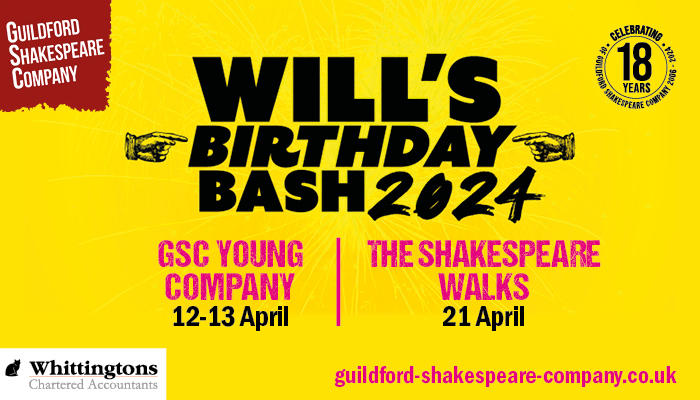Hilary Wilce emphasises how settling down with a good book can considerably boost your child’s progress at school
Last month we celebrated World Book Day, the annual international event that champions reading, especially among children. Students were given £1 book tokens, and many schools got in the swing by organising book-based events and having pupils to come to class dressed as their favourite book character. There’s lots of fun and dressing up, but it’s all for a serious purpose. As the World Book Day charity points out it’s been known for a long time that regular daily reading leads to improved school performance.
Now a new study from University College London’s Institute of Education has shown that what children read makes all the difference to their academic performance. Researchers looked at the books that 43,000 pre-teens and early teens were reading, and found that reading high-quality books on a daily basis added up to the equivalent of 10% extra school progress between the years of 11 and 14 (often a make-or-break time in education). The same effect was not found for comics, newspapers or magazines.
This is interesting because while it’s clear why all children need to learn to read and write, it’s less obvious why they need to read books, especially fiction. Surely, these days, it’s enough to know how to send and receive information? Why should anyone plough through Harry Potter or The Hunger Games if they don’t want to?
On one level the answer is purely mechanical. Reading good books widens your general knowledge and gives you a better vocabulary. It thickens the brain cortexes, which are the bits of the brain that handle higher order thinking, and it improves concentration, confidence and understanding.
But there are other more elusive, and arguably more important benefits as well. Reading fiction develops the imagination and encourages children to understand situations that are different from their own, and to develop empathy for people in those situations. It also encourages what the child psychologist Margaret Donaldson called “disembedded thinking”, or thinking about things that are not related to direct experience. Through reading, she says, children begin to see language as a structure that is separate from everyday events and that in turn allows them to develop self-awareness and self-reflection, and to think better about the world around them.
“Researchers found that reading high-quality books on a daily basis added up to the equivalent of 10% extra school progress between the years of 11 and 14”
For parents who want to help their children develop a love of reading, there are plenty of tips on offer, from daily reading, to getting a library card, and suggesting books budding readers might enjoy. A very quick search online will throw up masses of good suggestions.
But many children just don’t want to know. The lure of the screen is strong, and fewer and fewer children are reading outside school for pleasure. This decline has been going on for years, until now only just over half of all children ever read for pleasure, and less than a quarter do it on a daily basis. Even worse, children get mocked for reading. When a 13-year-old boy in South Shields recently set up an Instagram account to share reviews of books he had enjoyed, his classmates set up a group chat to taunt him, adding him in so he could see them calling him a “sad weirdo”.
However, when his sister called them out on Twitter, the boy got 85,000 people showing support, as well as messages from his favourite authors and the offer of a free book from a local bookshop. So who won in the end?
And it isn’t hard to know who of those involved in this nasty spat will go on to do well at school and in life – and get lots of reading pleasure along the way.
TEST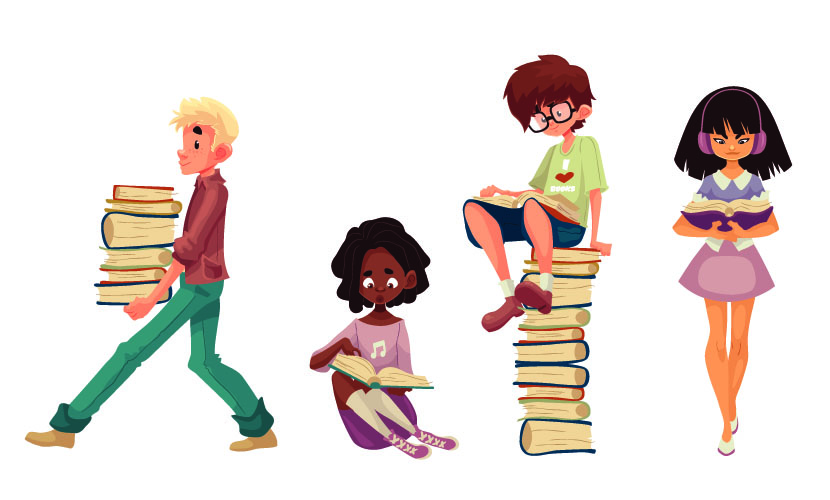
You may also like
Perfect Pitch
Mike Piercy, education consultant and former Head of The New Beacon, sings the praises of music in education What exactly is it that drives parents to make huge sacrifices by sending their children to independent schools? Different families have different...
‘It’s not fair!’
Mike Piercy, education consultant and former Head of The New Beacon, explains the importance of winning and losing with good grace The beefy second row lay prone, groaning, as the pack lumbered away. “Get up, Darling!” I cried. Opposition spectators...
Performance Power
Eastbourne College and Bede’s School discuss opportunities which give their students time to shine Director of Music at Eastbourne College, Dan Jordan, sings the praises of music at the school. It is 6.30pm, the night before a well-needed half-term holiday....
